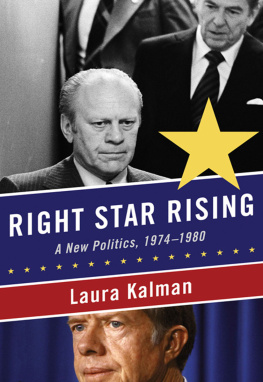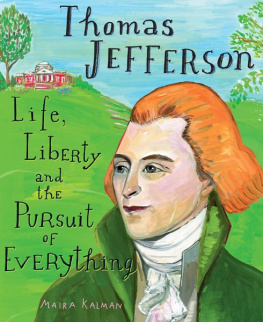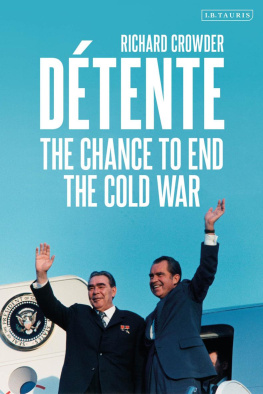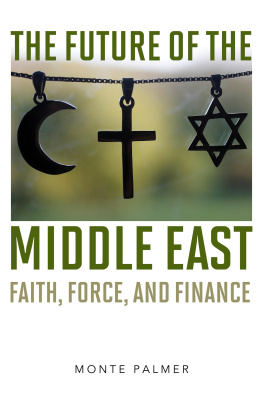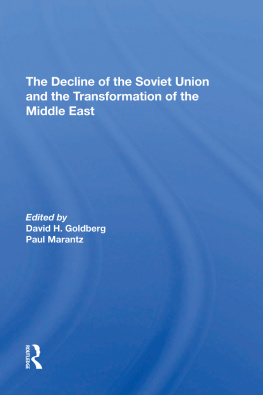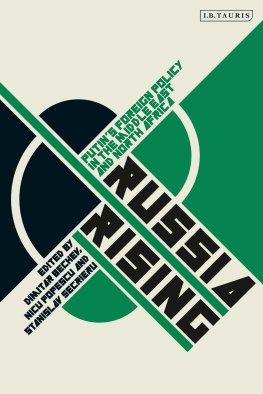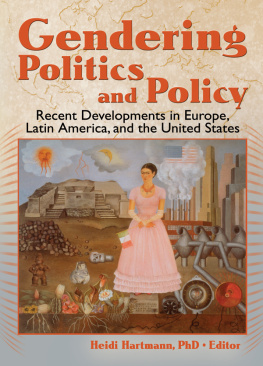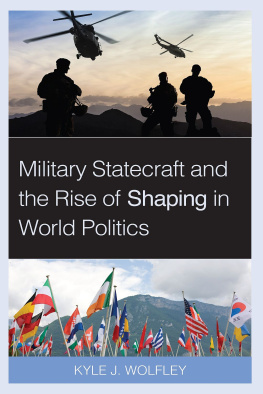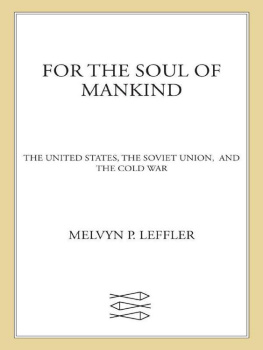W. W. NORTON & COMPANY
Union Label Song. Concept and lyrics by Paula Green for her groundbreaking advertising campaign for the International Ladies Garment Workers Union (ILGWU) in support of American workers. Used with permission. Feelin Good. Lyrics by Robert Gardner. Used with permission.
For information about permission to reproduce selections from this book, write to Permissions, W. W. Norton & Company, Inc., 500 Fifth Avenue, New York, NY 10110
1. United StatesPolitics and government19741977.
2. United StatesPolitics and government19771981.
3. ConservatismUnited StatesHistory20th century. I. Title.
E839.5.K35 2010
973.925dc22
W. W. Norton & Company, Inc.
500 Fifth Avenue, New York, N.Y. 10110
www.wwnorton.com
W. W. Norton & Company Ltd.
Castle House, 75/76 Wells Street, London W1T 3QT
ACKNOWLEDGMENTS
I T HAS OFTEN SEEMED AS IF I HAVE BEEN WRITING THIS BOOK SINCE the 1970s. While that is not quite accurate, I have worked on it long enough to realize again that each generation writes its own history. Time and again what brought me back to this project was some event in the present that reminded me of the past. For his friendship, understanding, patience, and tactful nagging while I took detours from it to write other books, I am most indebted to Ed Barber at W. W. Norton. When Ed finally gave up waiting and retired, he turned me over to the legendary Steve Forman, an inspired editor. I also thank Rebecca Charney, Pearl Hanig, and Nancy Palmquist at Norton; and Cohen Carruth, Inc.
The research for this project took me to the Ford, Carter, and Reagan libraries, Brigham Young University Special Collections, the Hoover Institution, the Library of Congress, the State Historical Society of Wisconsin, and Yale University Manuscripts and Archives. I am very grateful to Martin Elzy, David Horrocks, Carol Leadenham, Nancy Lyon, Jennifer Mandel, Nancy Mirshah, Albert Nason, James Yancey, and all the other archivists who aided me and to the Gerald R. Ford Presidential Foundation for the research travel grant that enabled me to make my first trip to Ann Arbor. I thank my UCSB colleagues John Woolley and Gerhard Peters for digitizing the papers of presidents in their invaluable American Presidency Project, http://www.presidency.ucsb.edu/, Lexis-Nexis, and every newspaper, periodical, and archive that have digitized their holdings.
Colleagues, friends, and family pored over the many versions of this manuscript, which was once nearly double this size. For their comments on it, I will be forever grateful to John Morton Blum, W. Elliot Brownlee, Beverly Gage, W. Randall Garr, E. Stanly Godbold, Sarah Barringer Gordon, Ariela Gross, Newton Kalman, Pnina Lahav, Nelson Lichtenstein, Serena Mayeri, Yanek Mieczkowski, William E. Nelson, James Patterson, Kim Phillips-Fein, Leo Ribuffo, Chris Sagers, John Henry Schlegel, Bruce Schulman, Eran Shalev, Judy Shanks, and Dennis Ventry. I especially thank Yanek, Stanly, and Leo for all the work they did for someone who started out as a stranger and for their informative responses to my incessant queries about Ford and Carter. Craig Shirley graciously answered a stream of unrelenting questions about Reagan and allowed me to read much of his book about the 1980 campaign, and Bethany Moreton kindly shared editions of Wal-Mart World . I would like too to express my great gratitude for the many helpful comments I received when I presented chapters at the American University Law School, where Lewis Grossman provided especially good advice; the Miller Center of Public Affairs, where Martha Derthick did the same; the Los Angeles Legal History Reading Group; the Cleveland-Marshall Law School, where I was the eighty-fifth Cleveland-Marshall Fund Visiting Scholar; Pomona College, to which I had the joy of returning as the Hart Lecturer; and the Stanford and University of Texas history departments.
UCSB hired me to teach twentieth-century U.S. political and legal history in 1982, and I have been very happy here, in spite of the never-ending budget crises that have plagued the University of California. Much of the narrative was first hatched in lecture courses and graduate seminars, and I so appreciate the thousands of students who helped shape it. While it seems wrong to single out any of them, since I have loved teaching and being taught by almost all of them, I would particularly like to celebrate Christine Adams and Mark Etzel for their intellectual curiosity, enthusiasm, and friendship.
Among those who have sustained me, in addition to those I mention above and discuss below, I thank Pamela Blum, Penn and Morton Borden, Cyndi Brokaw, Mary Brownlee, Jane DeHart, Alex and Nat Dennett, Lupe Diaz, Mercedes Eichholz, Celia and Steve Fassberg, Bill Felstiner, Hope Firestone, Wendy Fisher, Rena Fraden, Guy Garr, Jesus Gil, Sophya, Dan, and Patrick Gordon, Talia and Mira Gracer, Tom and Ruth Green, Denis Grunfeld, Morton Horwitz, Leslie Jacobs, Bladey Kalman, Barbara Kern, Eva and Ruthie King, Steve Kliegman, Elizabeth Hon-Ming Li, Joy Mahalo, Harriet Mayeri, Kate and Pat Metropolis, Melissa Murray, Thasana Nivatpumin, David Rabban, Jeff Richman, Chris Runge, Kate Saltzman-Li, Harry Scheiber, Linny Smith, Ray Solomon, Dan Story, Meg Taradash, Michael Teter, Vicky Saker Woeste, Eva Yeranyak-Ktoyan, and Rosemarie Zagarri. Alice and Tremper Longman patiently answered the many naive questions about evangelicals that I unartfully posed around the dinner table. As ever, Sarah Barringer Gordon and Pnina Lahav proved indispensable friends and colleagues, and Pat Bagley, unfailingly heartening.
Like his parents, Connie and Ward Schweizer, John Schweizer has been a vital part of my life since the 1970s, and John has kept me in Post-Its and memorable Parisian holidays. My other adopted brother, W. Elliot Brownlee, has instructed me on the mysteries of academic life since I arrived at UCSB. My dean, David Marshall, has solved them for me since I was a graduate student at Yale and he joined its faculty; I am also very thankful for Candace Waid, whom I first met in Howard Lamars seminar, and Daniel Marshall. My neighbor, IT consultant, and dear friend Daniel Richman saved this book from destruction by computer more times than I can count and provided countless hours of happy distraction from it. John Blum taught me in the 1970s that criticism before publication was an act of friendship, and he has been my best critic and cheerleader since then. My erudite and witty father, Newton Kalman, now in his ninetieth year, and I wrangled over every word here. In a fit of pique, I once told him that he could have made the Gettysburg Address twice as long. My eternally optimistic mother, Lee Kalman, soothed us, assured us we were wonderful, and reminded us how much fun we were having. My beloved mother-in-law, Celeste Garr, lights up whenever she sees me. Above all, I thank her son and my husband, W. Randall Garr.
I have known Judy Shanks since John Schweizer decided we would like each other and introduced us when we all attended Pomona. But Judy and I became best friends during the bicentennial summer, when as a law student at UCLA I worked for California Supreme Court Justice Stanley Mosk, who was very generous to me. After a long day, Judy and I would sit on the stoop of the unforgettable Russian Hill apartment that John also found for me. We had each just turned twenty-one, and we always drank Wente Grey Riesling. We felt very sophisticated as we talked about all matter of things, ranging from presidential politics, to whether Judy should become a rabbi and I should practice law (I always knew that she should, and I shouldnt), to her boyfriend, Jamie Gracer. During the decades since, our palates have changed, but our love for each other has not, and our friendship has only deepened. To Judy Shanks and her husband of thirty years, Jamie Gracer, I dedicate this book.

